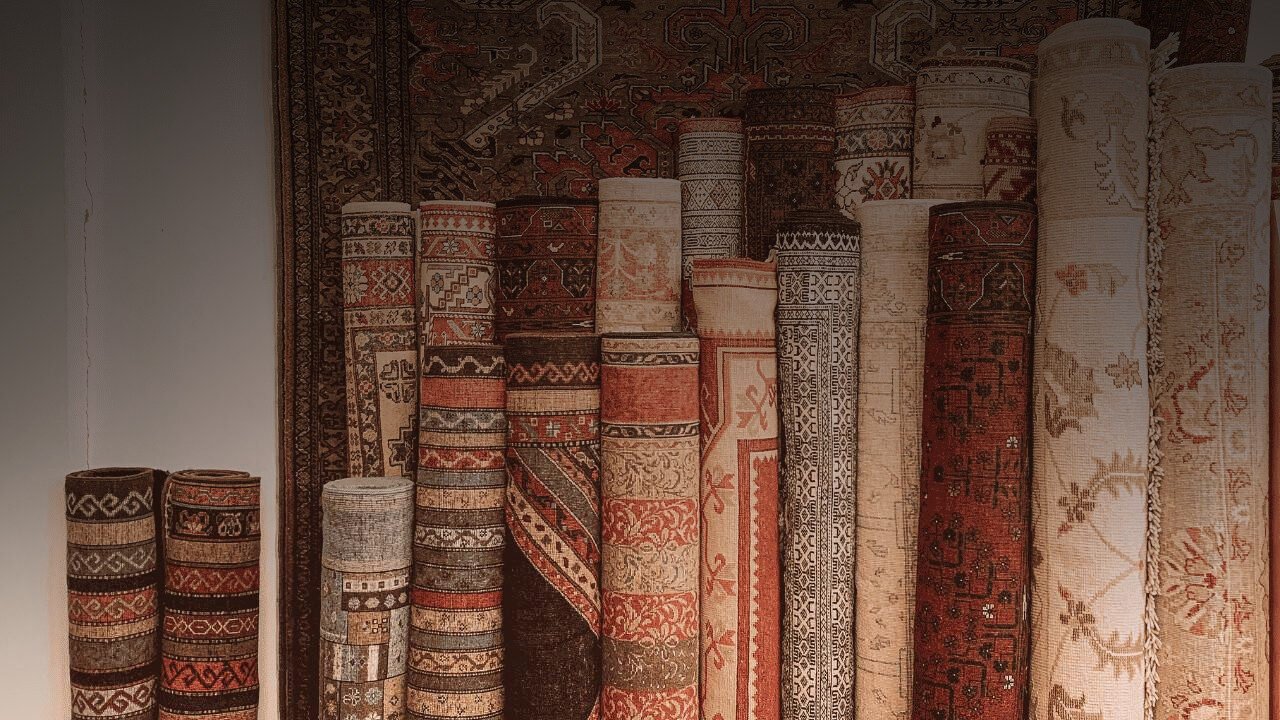By Muhammad Saleem
Pakistan’s carpet industry, known worldwide for its craftsmanship and color, is now facing an unexpected setback. The Torkham border closure’s impact on the carpet industry has choked the flow of vital raw materials from Afghanistan, leaving manufacturers in Pakistan anxious about meeting international orders on time, this reporter learned.
Afghan Raw Materials Disruption Hits Handmade Carpet Sector
The disruption has hit the heart of the country’s handmade carpet business. Many semi-finished carpet styles are brought in from Afghanistan, where artisans handle the early stages of weaving. These pieces are then completed in Pakistan and shipped abroad. But with cross-border trade halted, local exporters say the shortage of materials is becoming a serious concern.
Exporters Warn of Looming Losses if Border Stays Closed
As days pass without resolution, industry leaders fear the clock is ticking. Exporters warn that if the Torkham border remains closed, Pakistan could begin losing international orders within weeks.
Malik Abdul Latif, Patron-in-Chief of the Pakistan Carpet Manufacturers and Exporters Association, told this reporter that a prolonged border shutdown could cause severe damage to the industry. “If this situation continues, goods won’t arrive at all. Some items, like Khurjin and Sultani Designs, come only from Afghanistan and are vital for our exports,” he said.
Torkham Border Closure Impact on Carpet Industry Intensifies
Each region, Latif explained, contributes its own traditional weaving culture. “Pakistan’s unique styles, including Mohri, Jaaldar, and Sutri, are in high demand across global markets,” he added.
He pointed out that Afghan traders often prefer to visit Pakistan to buy materials because everything they need is available in one place. International buyers also avoid traveling to Afghanistan due to security concerns.
“Afghanistan lacks a proper banking network, and shipping options are limited. Only trade with Turkey through Iran is somewhat practical, while sending containers elsewhere is costly and complicated,” Latif said.
He further explained that direct exports from Afghanistan to the United States or Europe are slow and expensive. “Pakistan and Afghanistan share deep trade and cultural ties. We hope tensions ease soon so the flow of goods can return to normal,” he added.
Carpet Exporters Urge Quick Resolution for Smooth Trade
Latif also emphasized loyalty to national interest. “Pakistan comes first. If our country stays strong, our industries will survive. We will not trade with anyone who harms Pakistan, no matter what,” he stated firmly.
Despite the challenges, the local carpet market remains steady for now. “We are using locally available materials for domestic production, so there’s no major disruption yet. But Afghan inputs are on hold. The border can’t stay closed forever—trade will eventually resume,” Latif said.
He mentioned that most crucial supplies had arrived about two weeks before the border closure. “Once it reopens, things will return to normal. So far, production hasn’t been seriously affected,” he assured.
Exporters Fear 30% Drop in Carpet Exports if Situation Persists
Another exporter, Muhammad Ashraf, shared similar concerns. Speaking to this reporter, he said that if the standoff continues, Pakistan’s overall carpet exports could drop by as much as 30 percent.
“Even if the border reopens by late November, we’ll manage,” he said. “Our carpets don’t spoil easily. We’re mostly self-reliant — wool comes from Siberia, and all dyeing, washing, and finishing happen here in Pakistan.
Our banking and logistics systems are functioning well. The real loss is on Afghanistan’s side, where thousands of weavers are sitting idle. But if this continues for long, it will start hurting us too.”
Author Profile
-
Muhammad Saleem is a Lahore-based journalist with a focus on environmental issues, urban development, and the challenges faced by local industries.
With years of experience reporting on the intersection of business, policy, and public health, Muhammad Saleem, brings in-depth analysis and firsthand insights into the struggles of small and medium enterprises as they navigate regulations and sustainability challenges.





